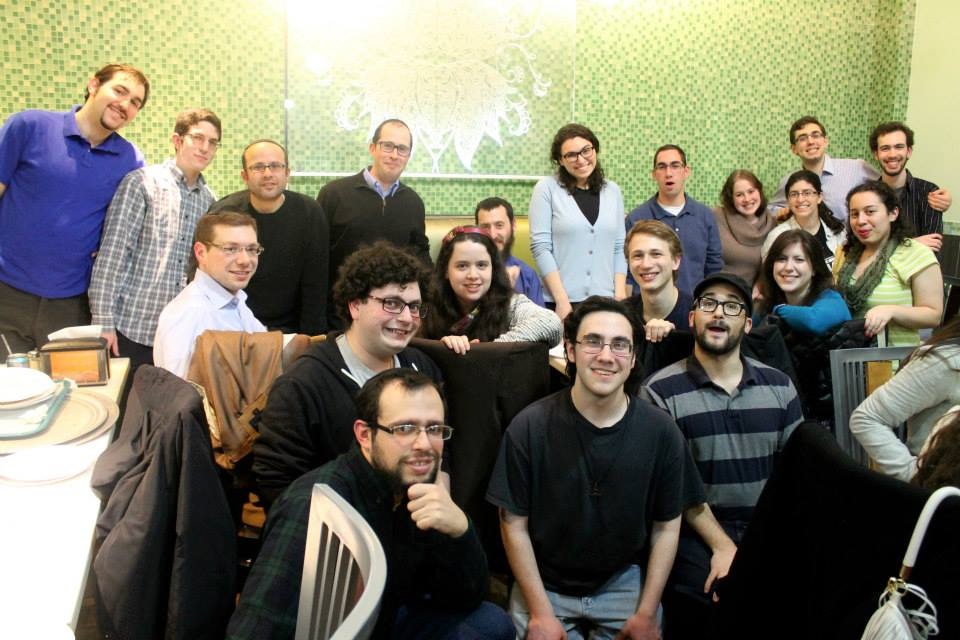Growing Gender Issues within the Orthodox Community: A Psychohistorical Perspective
Development of Formal Jewish Education for Women in the Orthodox Community
The issues surrounding the education and status of women have been universal over time and cultures. As late as 1868, the English parliament was debating whether women could own property. One of its statesmen announced the following, which was picked up by The London Times, “giving women the right to own property will destroy marriages and society as we know it” (Munday, 2012). This issue, incidentally, was resolved by the Torah thousands of years ago in the divine decision relayed by Moses to the five daughters of Zelophehad, giving them the right to own land (Num. 27:1–11).


